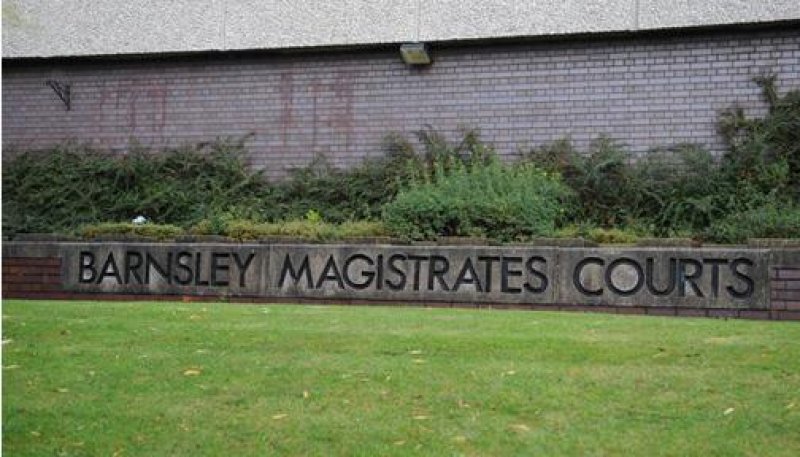In a surprising turn of events, Annie Kilner has recently announced her decision to part ways with her partner of many years and a famous footballer, Kyle Walker, triggering discussions not just about celebrity gossip but about a critical aspect affecting divorcing couples nationwide: the financial equality in divorce settlements.
Here we will explore how financial settlements work, emphasising equality in English courts, and shed light on the often-misunderstood 50-50 split dilemma.
Equality in Financial Settlements
In England and Wales, equality is the cornerstone of all financial settlements. This fundamental concept dictates when a marriage concludes, assets - spanning finances, properties, investments, and pensions - should be distributed equitably among the separating partners. It serves as the starting point to guarantee that both spouses receive a fair share, irrespective of their roles as primary earners or homemakers.
This commitment to equality respects a broader societal shift towards recognising individuals’ varied contributions within a marriage. It transcends traditional gender roles, acknowledging that each partner brings unique value to the relationship. The goal is to establish a fair financial landscape post-divorce, fostering an environment where neither party feels disadvantaged in pursuing individual independence.
50-50 Split Dilemma
While legal frameworks promote equal division, the practical application often deviates from the 50-50 split ideal. Real-world settlements frequently grapple with the complexity of individual circumstances, leading the court to prioritise fairness over strict numerical equality. In such cases, the court’s primary objective is to ensure that one party does not disproportionately benefit at the expense of the other.
Life is inherently asymmetrical, and contributions within a marriage can vary widely. The court acknowledges this reality, steering away from a one-size-fits-all approach. This emphasis on fairness underscores the need for a nuanced examination of each partner’s contributions, both financial and non-financial, during the course of the marriage. It is an acknowledgement that equality doesn’t always equate to a rigid 50-50 split, as the intricacies of individual circumstances often demand a more tailored approach.
The Fairness Factor
In the pursuit of a fair settlement, the court meticulously considers the financial contributions made by each spouse throughout the marriage. Beyond mere earnings, the court aims to recognise and validate the unique inputs of each individual, acknowledging that equality doesn’t necessarily mean uniformity. This approach factors in the possibility of disproportionate contributions, whether through career sacrifices, homemaking, or other non-monetary efforts.
The emphasis on contributions as a critical determinant of fairness establishes a more holistic understanding of marriage. It underscores the importance of recognising and valuing both tangible and intangible contributions, creating a more comprehensive framework for equitable settlements.
Guarding Against Exploitation
Integral to the court’s decision-making process is the safeguarding against one spouse leveraging their superior financial capabilities to gain an unfair advantage. This precautionary measure ensures that a wealthier partner doesn’t exploit their money-making abilities to the other party’s detriment, ultimately fostering a more just and equitable outcome.
By preventing financial exploitation, the court aims to create a level playing field, acknowledging that disparities in financial power can potentially lead to imbalances in the divorce settlement. This approach aligns with the overarching principle of fairness, reinforcing the court’s commitment to ensuring that neither party exploits the financial asymmetry inherent in some marriages.
Wrapping Up
Kyle Walker's impending divorce, coupled with a reported £13m settlement, has brought the often-overlooked issue of financial equality in divorce settlements to the forefront. As we navigate the complexities of divorce, it's crucial to grasp the essence of equality, recognizing that it doesn't always mean a strict 50-50 split. In these challenging times, understanding the nuances of financial contributions and the court's commitment to fairness becomes paramount for a just resolution. By shedding light on these intricacies, we hope to make the often-daunting terrain of divorce a bit more comprehensible for everyone involved.
#Sponsored article


















